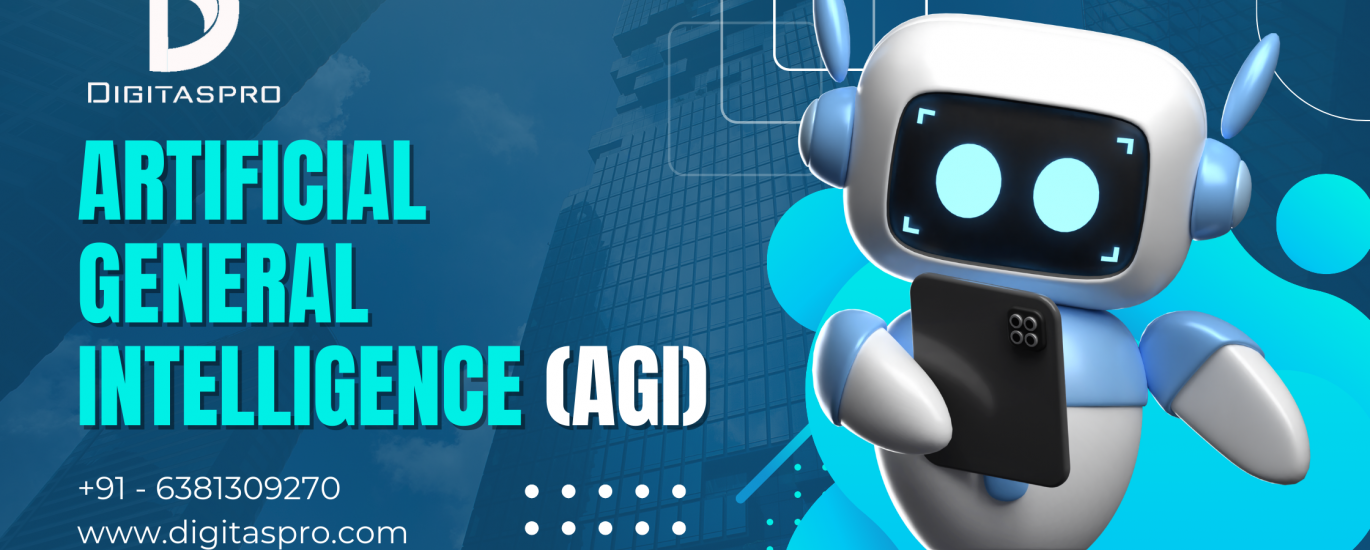


Artificial General Intelligence (AGI) refers to a type of artificial intelligence that possesses the ability to understand, learn, and apply knowledge across a wide range of tasks similar to human cognitive abilities. AGI aims to emulate human intelligence, allowing AI systems to perform diverse tasks, adapt to new environments, and exhibit problem-solving skills without being limited to specific domains or tasks.
AGI systems are designed to mimic human intelligence by integrating various cognitive processes such as reasoning, learning, perception, communication, and problem-solving. These systems rely on advanced algorithms, neural networks, machine learning techniques, and data processing to process information, make decisions, and generate responses similar to human intelligence. AGI systems often incorporate self-learning capabilities, enabling them to continuously improve their performance and adapt to new challenges.
OpenAI’s GPT-3 (Generative Pre-trained Transformer 3): While not a pure AGI system, GPT-3 is a powerful language model that demonstrates advanced natural language processing capabilities and can perform a wide range of tasks like translation, content generation, and answering questions.
IBM’s Watson: Watson is a cognitive computing system that can analyze large volumes of data, understand natural language queries, and provide answers to complex questions. It has been used in various domains such as healthcare, finance, and customer service.
DeepMind’s AlphaZero: AlphaZero is a reinforcement learning algorithm developed by DeepMind that achieved superhuman performance in games like chess, shogi, and Go. It combines deep neural networks with advanced search algorithms to master complex games through self-play and learning.
While these examples showcase advanced AI capabilities, true AGI that matches or surpasses human intelligence across a wide range of tasks is still a long-term goal. Researchers continue to explore and develop new AI technologies to bring us closer to the realization of Artificial General Intelligence.